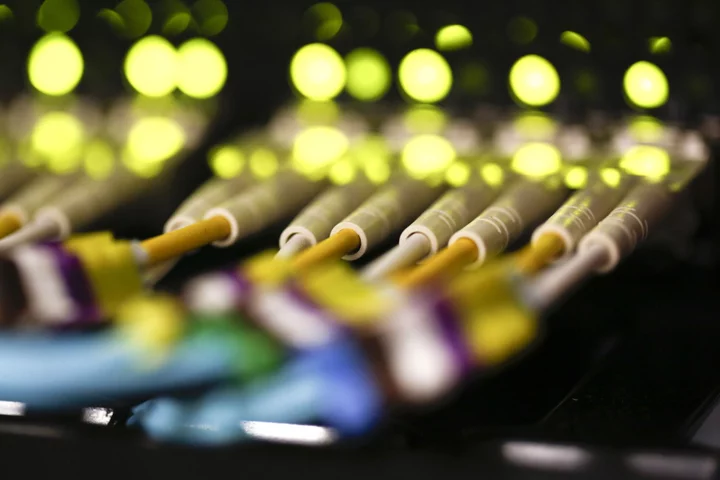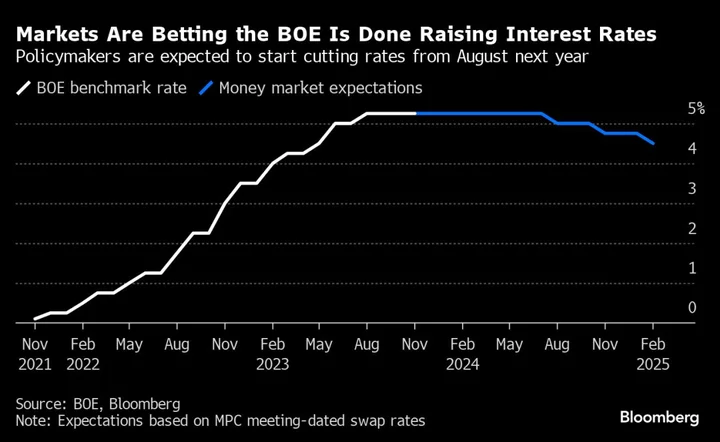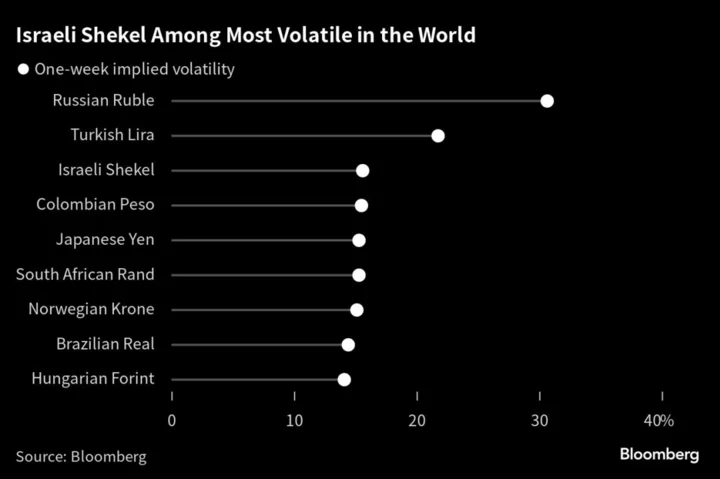Brex, a credit-card startup, has seen a surge in usage of its products following this year’s regional banking turmoil.
The company has surpassed $100 million in annual recurring revenue for both its business accounts unit and Empower, its spend management business, according to a statement reviewed by Bloomberg News.
Firmwide annual run rate is about $500 million, meaning its revenue is on track to reach roughly $500 million over the next 12 months if its current rate of growth continues, according to people familiar with the matter, who asked to not be identified because the details aren’t public. That is an increase of about 50% year over year, one person added.
A representative for Brex declined to comment on the overall revenue projections. The company was last valued at $12.3 billion in a funding round last year, according to data provider PitchBook.
Brex’s cash management accounts have continued to grow in part because it’s able to insure up to $6 million in deposits. Typically, bank accounts comes with the standard Federal Deposit Insurance Corp. protections for up to $250,000, but Brex is able to spread our customers’ funds across 24 different bank partners to give the money the extra protection, co-founder and Co-Chief Executive Officer Henrique Dubugras said an interview. Anything in excess of that is put in investments such as money market funds or government bonds, he said.
The week after Silicon Valley Bank collapsed in March was chaotic for Brex, which has long offered financial services products to startups.
“We did see a lot of people moving to the big banks,” Dubugras said. Still, Brex’s longtime focus on upstarts and its insurance provisions appealed to some customers, he said.
The nascent spend management business was launched just last year and already counts companies such as Coinbase Global Inc., DoorDash Inc. and SeatGeek as clients, according to the company. This business competes with Concur Technologies and Navan for travel booking and management, among other capabilities.
Like many venture-backed businesses, Brex is losing money. Dubugras said it could become profitable within two years. The company has no intention of raising more venture capital this year, he added.
“We definitely want to get to cash-flow positive,” he said.
Dubugras said in a BloombergTV interview that Brex plans to invest heavily in artificial intelligence. “If you’re a company and you’re not willing to invest in AI, you know you’re probably missing the next big shift.”
--With assistance from Jenny Surane.
(Updates with BloombergTV interview in last paragraph.)









